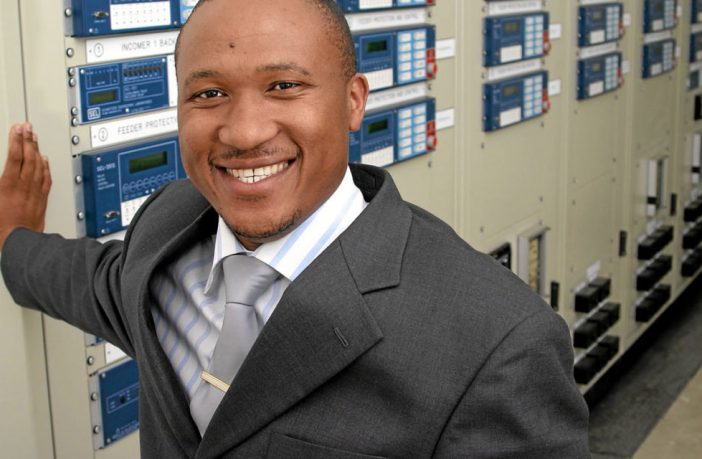The South African Institute of Electrical Engineers (SAIEE) has welcomed the new Integrated Resource Plan (IRP), and in particular, the energy master plan’s positive attitude towards growing renewable energy and storage in South Africa.
SAIEE’s CEO, Sicelo Xulu, said that the new IRP was long overdue as the last one was published almost a decade ago in 2010.
“Since then several new technologies have been introduced, not to mention environmental developments, that require an updated plan that considers all the necessary factors towards achieving a sustainable energy future for South Africa,” said Xulu.
SAIEE believes that the integration and strengthening of renewable energy are vital to energy planning in the country.
Integration of renewable energy into the grid
Last year, SAIEE jointly hosted a session with Conference Internationale des Grandes Reseaux Electriques (CIGRE) at the University of the Witwatersrand (Wits), to discuss the integration of renewable energy into the grid, and the broader implications for energy planning.
The session concluded that renewable energy should be pursued as part of a low-cost energy mix, considering balanced socio-economic impacts such as a just transition, guarantee a reliable and secure power supply system.
“Considering the declining costs of solar and wind generation, we are pleased to note the plan allows for a significant increase in the renewable energy mix, from 6% to above 25% by 2030. The SAIEE is also satisfied that the allowance for energy storage has been increased by 66% to 5,000MW as we requested,” said Xulu.
He further stated that “it is also good to see the accommodation of these new resources on a distributed or ‘small scale embedded generation’ basis, in a way that will unlock new opportunities within the municipal distribution industry.”
“This will assist in limiting renewable energy curtailment and technical losses while managing the increased variability in the grid. Alternative energy storages cost, such as batteries are also declining and making their business case easier,” he noted.
Recommendations to the DMRE
Xulu said that the SAIEE is confident that its other recommendations to the Department of Mineral Resources and Energy (DMRE) will also be considered favourably.
SAIEE’s proposal includes moving towards a publicly available open-source IT platform for housing the energy model, instituting a scientific approach to decommissioning of assets, and commissioning a study to determine the technically responsible limit for renewables, before implementation by the department of minerals and energy.
“We affirm our support towards a safe, green and lower-cost mix of energy technologies, however, we want to caution that the primary purpose of a grid, which is to provide a safe and reliable access to energy supply, must be maintained through careful engineering studies,” cautioned Xulu.
As part of the SAIEE’s commitment to South Africa’s energy future, the Institute will be hosting its inaugural SAIEE National Conference from 27 – 29 November in Johannesburg.
The conference is looking ahead at how to ‘Engineer an Africa for the Future‘ by bringing together local and international thought-leaders to brainstorm on critical issues that impact the continent, namely, building a sustainable energy future using a mix of technologies, including existing fossil-fuelled plant, gas, renewable energy and storage, nuclear, all in conjunction with the impact of the Fourth Industrial Revolution.
“One of the biggest challenges that our industry faces is the realignment and/or restructuring of the Electricity Supply Industry. This includes scaling up of all alternative energy sources, renewable, gas, hydro and nuclear energy generation in Africa. The question of a sustainable energy future is more imperative than ever as we navigate the economic and environmental challenges that lie ahead,” said Xulu.
The Conference will include a keynote address by Public Enterprises Minister, Pravin Gordhan, including a solutions-driven panel discussion on South Africa’s power crisis led by award-winning business journalist, Bruce Whitfield. SAIEE will also be launching its Nuclear and Women in Engineering Chapters at the Conference.
Author: Babalwa Bungane
This article was originally published on ESI Africa and is republished with permission with minor editorial changes.















